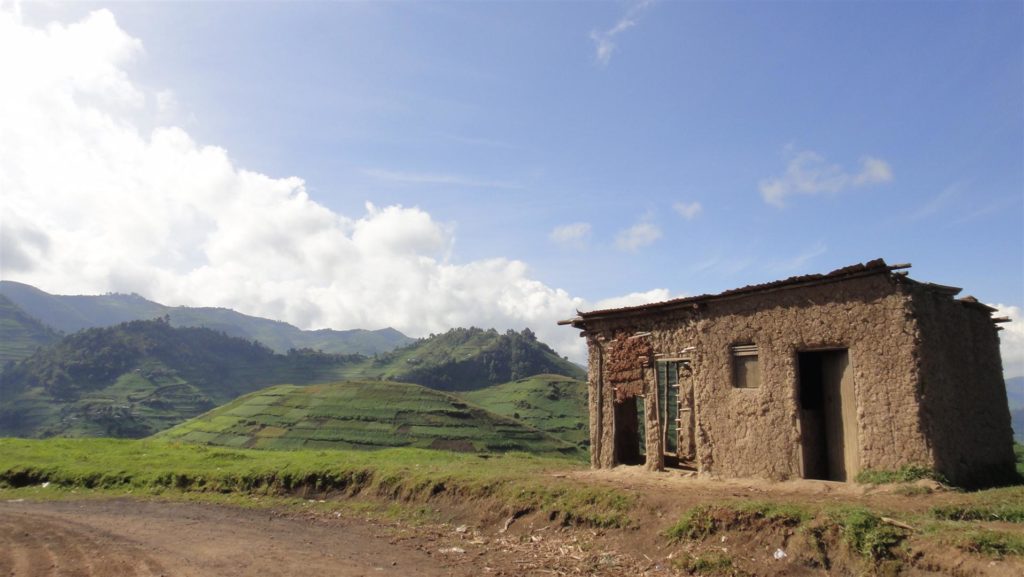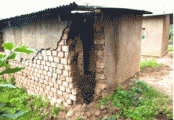
The Rwandan Auditor General has identified numerous irregularities in the management and delivery of the Government Assistance Fund for Vulnerable Survivors of the Genocide against the Tutsi (FARG).
FARG was established in 1998 to provide assistance to vulnerable genocide survivors, but has never been considered representative of the population they support as a result of having no formal representatives of survivor’s organisations on their Board of Directors, which are appointed by the Prime Minister of Rwanda.
It is this critical shortcoming that survivors’ organisations, including AVEGA and AERG, have highlighted as an ongoing cause for concern due to the lack of any structured mechanism for verifying its beneficiaries. The current audit of FARG identified errors in its database, and various cases of ghost beneficiaries – where a number of beneficiaries could not be traced and as such could potentially be a vehicle for fraudulent payments.

The report also revealed poor coordination and potential mismanagement of several billions of Rwandan Francs (equivalent to several million British Pounds) earmarked for house building, and education, for needy survivors. These activities are not managed by FARG centrally, with FARG disbursing funds to Districts to support survivors locally. However, many of these Districts did not submit financial and activity reports to facilitate the timely monitoring of their programs. The audit of FARG noted that only seven out of 30 districts submitted reports on the construction of houses. A sum amounting to seven billion Rwandan Francs was disbursed between June 2010 and June 2012 for the construction of 3,489 houses for vulnerable genocide survivors identified as homeless in 2010. More than half of this sum remains unaccounted.
This is not the first time that funds allocated specifically for sheltering survivors have been mismanaged. In 2011, the Auditor General reported that funds utilized by FARG for the construction of a survivor shelter was “not worth the amount of money spent.” Between 2006 and 2008 alone, six billion Rwandan Francs was transferred by FARG to local districts for the construction of houses or used for the purchase of construction materials. According to the Auditor General “a total of 1,090 eligible individuals selected to receive construction materials did not get them in only five districts surveyed, yet 835 others who were not previously on the approved list obtained the materials.”
In addition, the Auditor General highlights concerns over the quality of livestock distributed to the survivors through FARG’s income generation program. The audit highlights that a notable number of cows distributed by FARG, especially imported breeds, have since died. Many beneficiaries who received the cows did not have the opportunity to benefit from them before they died. Some imported breeds were not appropriately selected for the Rwandan climate. In other cases, the survivors claimed not to have sufficient financial resources needed to properly feed the animals and provide the necessary and routine veterinary services.
While the Auditor General’s report cautions that the identified irregularities may have resulted in the loss of public funds, it does not explicitly indicate the size of the loss. The 2012 FARG evaluation report identified that FARG has consistently recorded an underspend on its annual budget since its establishment in 1998, a sum which amounts to 50 billion Rwandan Francs (£50 million). IBUKA, the umbrella association of survivors’ associations, called for an immediate enquiry into why this budget has not been utilized – a call that remains unheeded to date.
The Government of Rwanda has spent over 200 billion Rwandan Francs (£200 million) since FARG’s establishment in 1998 and yet, to many survivors, the tangible outcomes and impact remain elusive.
By Albert Gasake, Legal Advisor at Survivors Fund (SURF)
